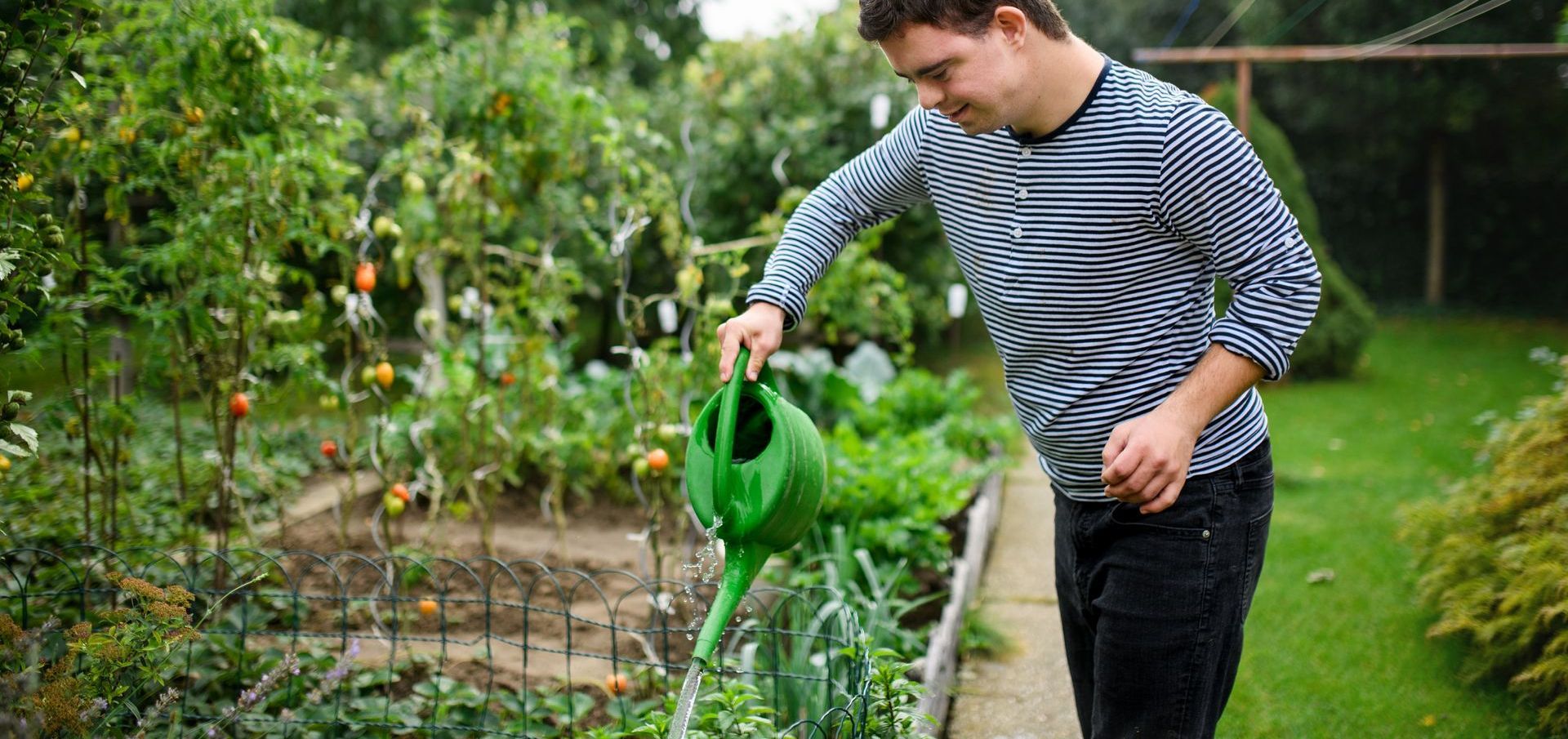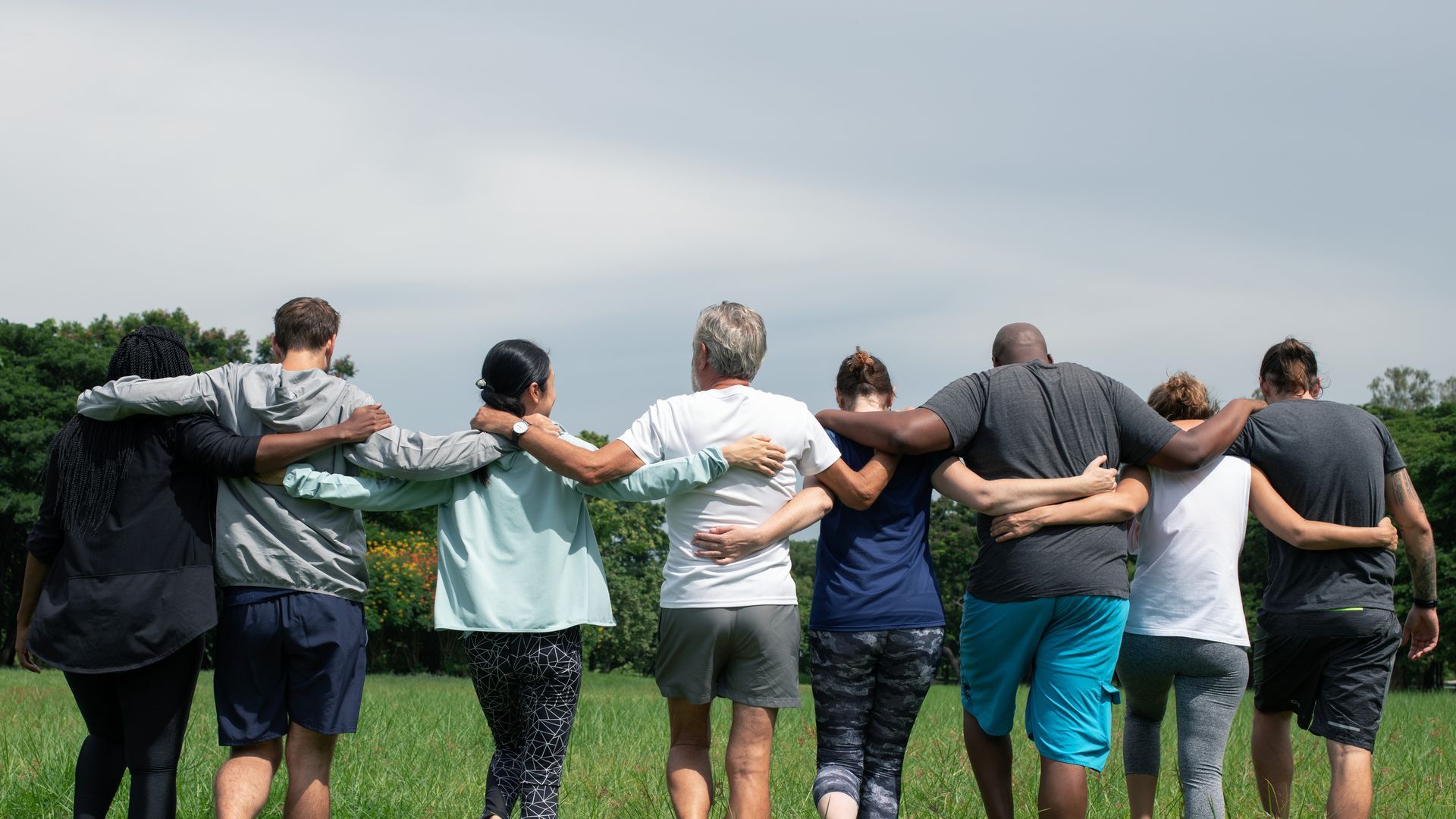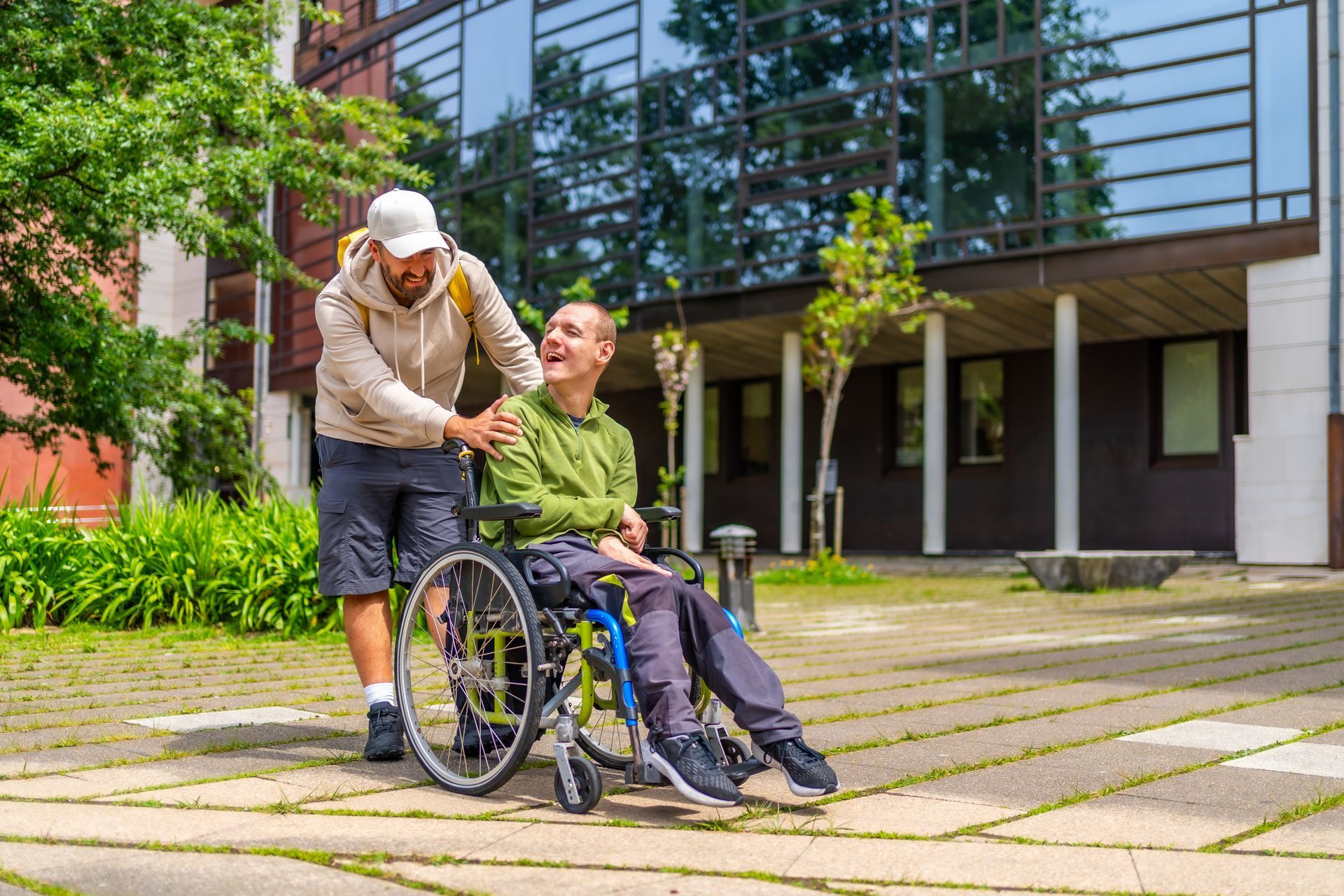PROGRAM DESCRIPTION
The program curriculum shall be developed as follows: it shall have at least one of the training components listed below and shall be conducted in the consumer’s residence and/or in a natural environment. Identify and describe what training components your program curriculum will use and the location of training.
SELF-ADVOCACY
Increased Self-Expression: Individuals will gain the ability to express their needs, preferences, and opinions more clearly and confidently.
Enhanced Decision-Making Skills: Participants will develop the skills to make informed decisions about their lives and advocate for their choices.
Improved Communication with Others: Better communication with peers, staff, and support networks, leading to a greater sense of autonomy. Understanding Rights and Responsibilities: Increased knowledge and understanding of individual rights, responsibilities, and how to assert those rights appropriately.
Participation in Goal Setting: Active participation in setting personal goals and advocating for the necessary support to achieve those goals.
Increased Self-Expression: Individuals will gain the ability to express their needs, preferences, and opinions more clearly and confidently.
Enhanced Decision-Making Skills: Participants will develop the skills to make informed decisions about their lives and advocate for their choices.
EMPLOYMENT TRAINING
Job Readiness: Acquisition of skills and knowledge necessary for entering the workforce.
Increased Independence in Employment: Participants will demonstrate increased independence in performing job tasks.
Job Placement: Successful placement in competitive employment or supported employment based on individual preferences and abilities.
Sustained Employment: Continued employment with consistent job performance and satisfaction.
Social Skills in the Workplace: Improved social skills, teamwork, and communication within a work setting.
COMMUNITY INTEGRATION
Increased Social Participation: Active engagement in community activities, events, and social groups.
Development of Social Networks: Formation of meaningful connections and relationships with peers in the community.
Navigating Public Spaces: Enhanced ability to navigate public spaces independently, using public transportation, and accessing community resources.
Community Contribution: Participation in volunteer activities or community projects that contribute to the well-being of the community.
Cultural and Recreational Involvement: Participation in cultural events, recreational activities, and local community gatherings.
SELF CARE
Personal Hygiene and Grooming: Improved skills in maintaining personal hygiene and grooming routines independently.
Nutrition and Meal Preparation: Enhanced ability to plan and prepare nutritious meals, considering dietary preferences and restrictions.
Medication Management: Understanding and independently managing medication schedules and routines.
Health and Wellness Practices: Adoption of healthy lifestyle practices, including regular exercise and stress management.
Safety Awareness: Increased awareness of personal safety, emergency procedures, and the ability to respond appropriately to potential risks.






